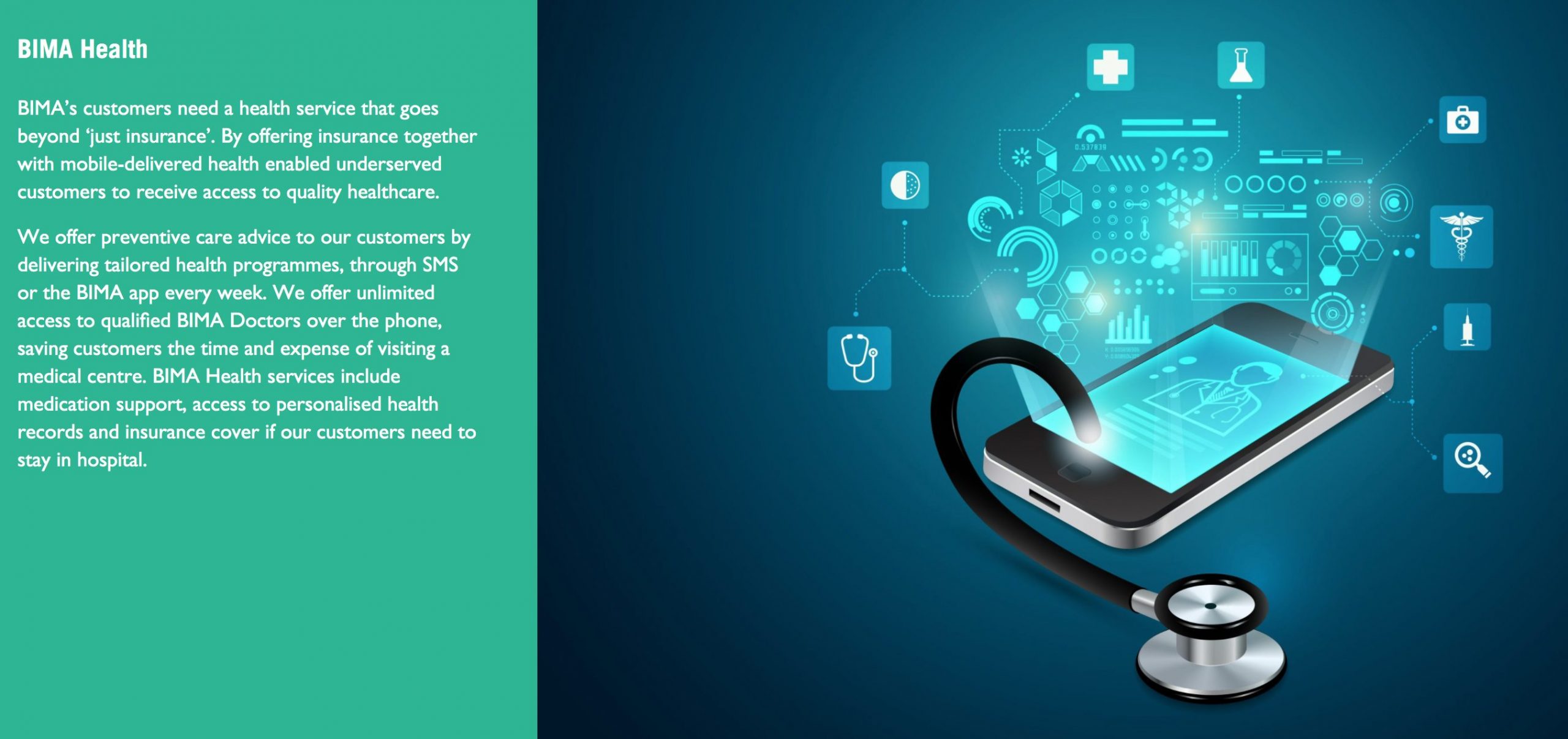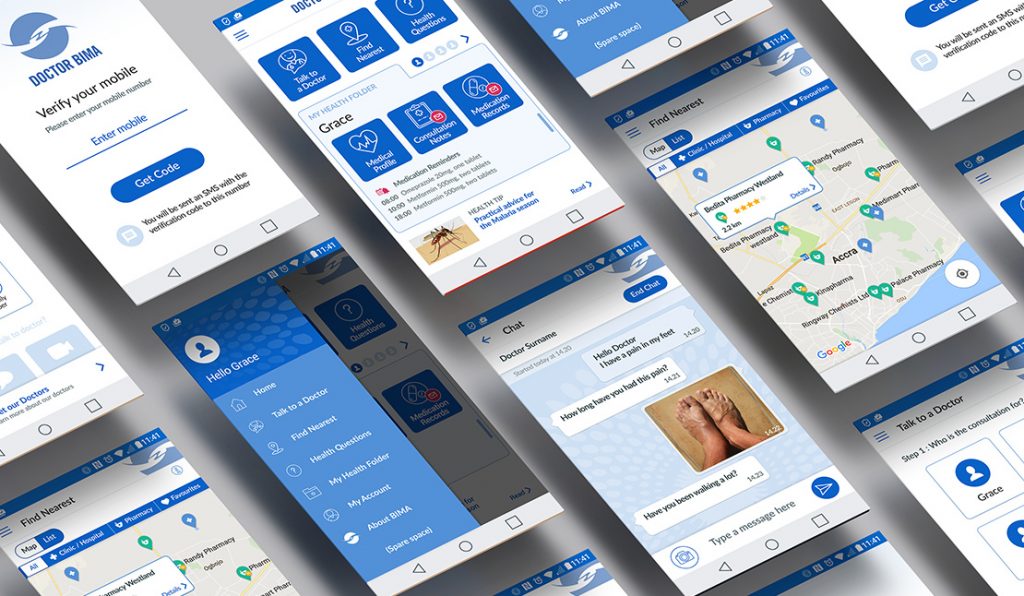Swedish microinsurance company BIMA raises $30 million
Microinsurance distributor BIMA has raised $30 million bringing its total funding to date to over $200 million. Chinese fintech investor CreditEase Fintech Investment Fund (CEFIF) has invested in BIMA for the first time while existing shareholders LeapFrog Investments and Allianz have both increased their investment.
The company stated that COVID-19 is the catalyst behind the surge in demand for digital health services.
“The onset of COVID-19 has brought home the value of telemedicine, to help prevent the spread of disease, and the importance of insurance, for peace of mind. Through digital solutions, and a human touch, we’ve been able to serve hard to reach communities with tools and services that bring them a sense of security at such a challenging time. The funds we have raised will allow us to expand our operations and further invest in our product offering that will help us scale quickly to meet the unprecedented demand for our services.” – Gustaf Agartson, founder and CEO at BIMA.
“We are very impressed by BIMA’s innovative integration of micro insurance and tele-doctor services, which provide critical coverage to meet large unmet demand in emerging markets, and whose value is accentuated further by the current pandemic. We are very happy to have the opportunity to join this meaningful journey, along with the established leading shareholders, and support the company to grow its business and expand its leadership position in its served markets.” – Dennis Cong, managing partner at CEFIF.
Founded in 2010, BIMA uses mobile technology to deliver services to over 35 million consumers in 14 markets across Africa, Asia and Latin America. It has delivered two million tele-doctor consultations to date, and rivals some of the largest digital health providers in the world. Through its health hub approach, customers have access to a set of integrated health services, including health programs for managing chronic illnesses, discounts at pharmacies, and drug delivery. Its health wallet for funding medication-based expenses has also been extended to masks and hand sanitizers during the pandemic.









